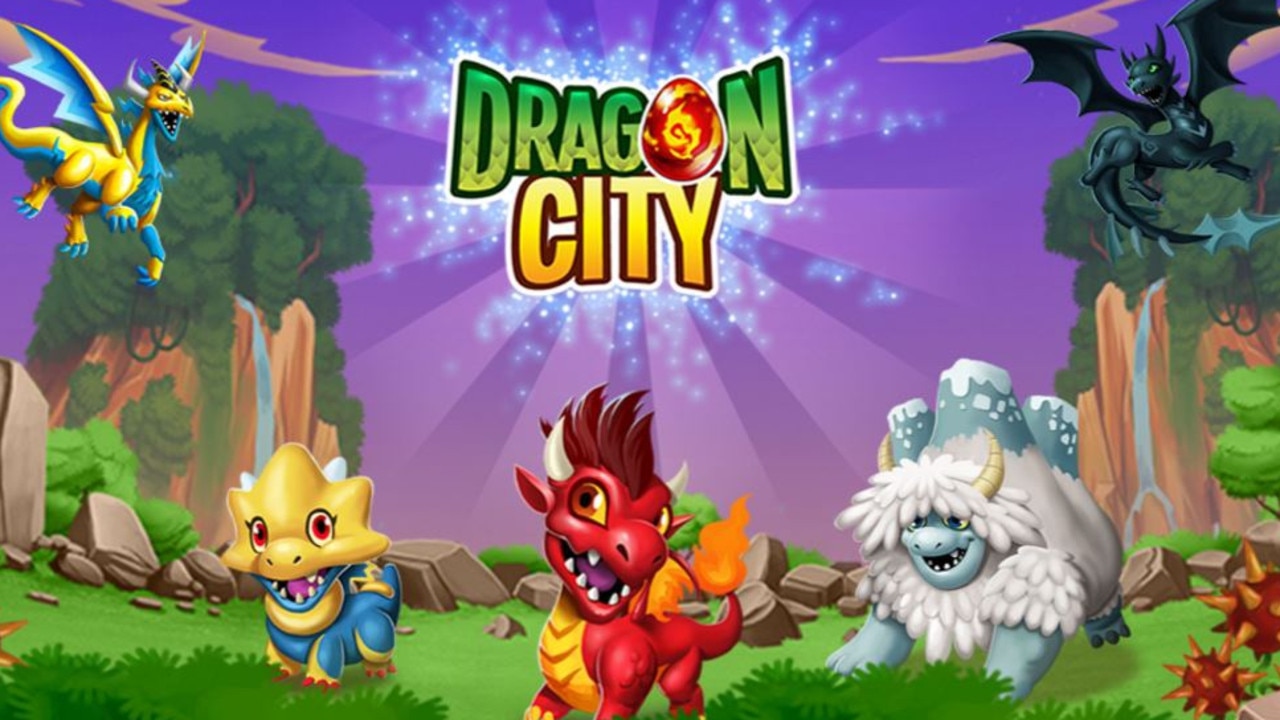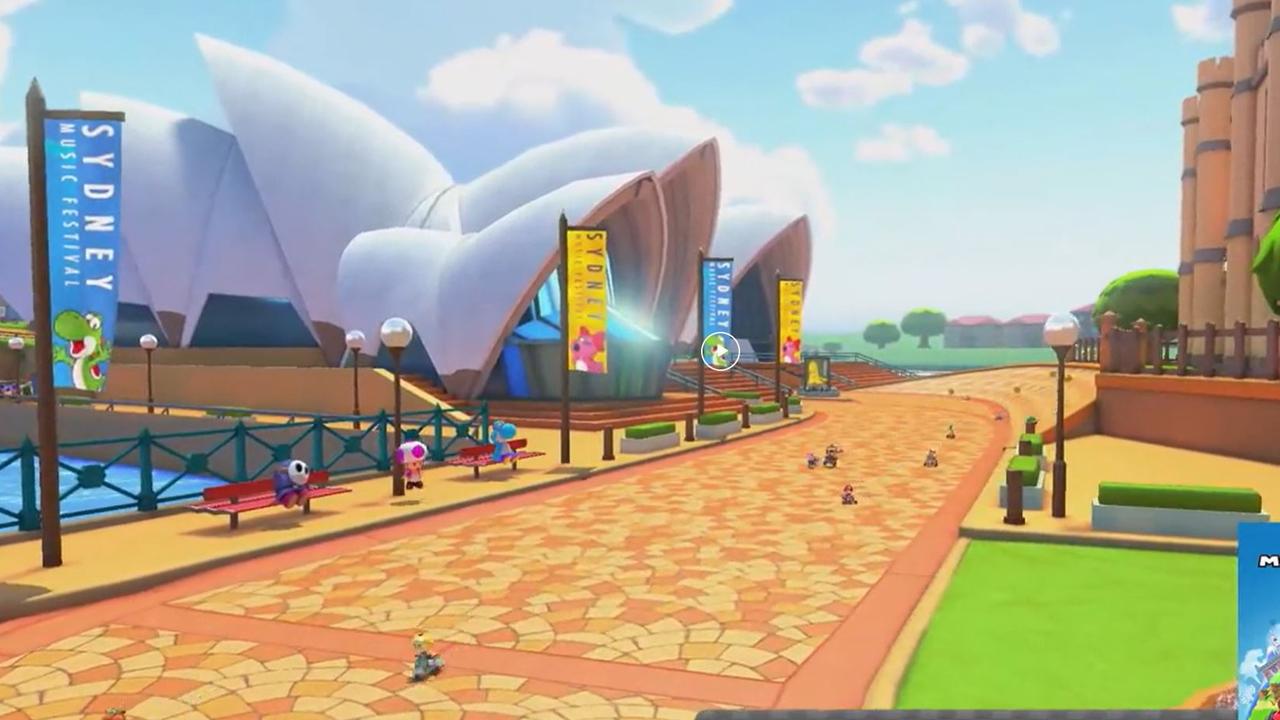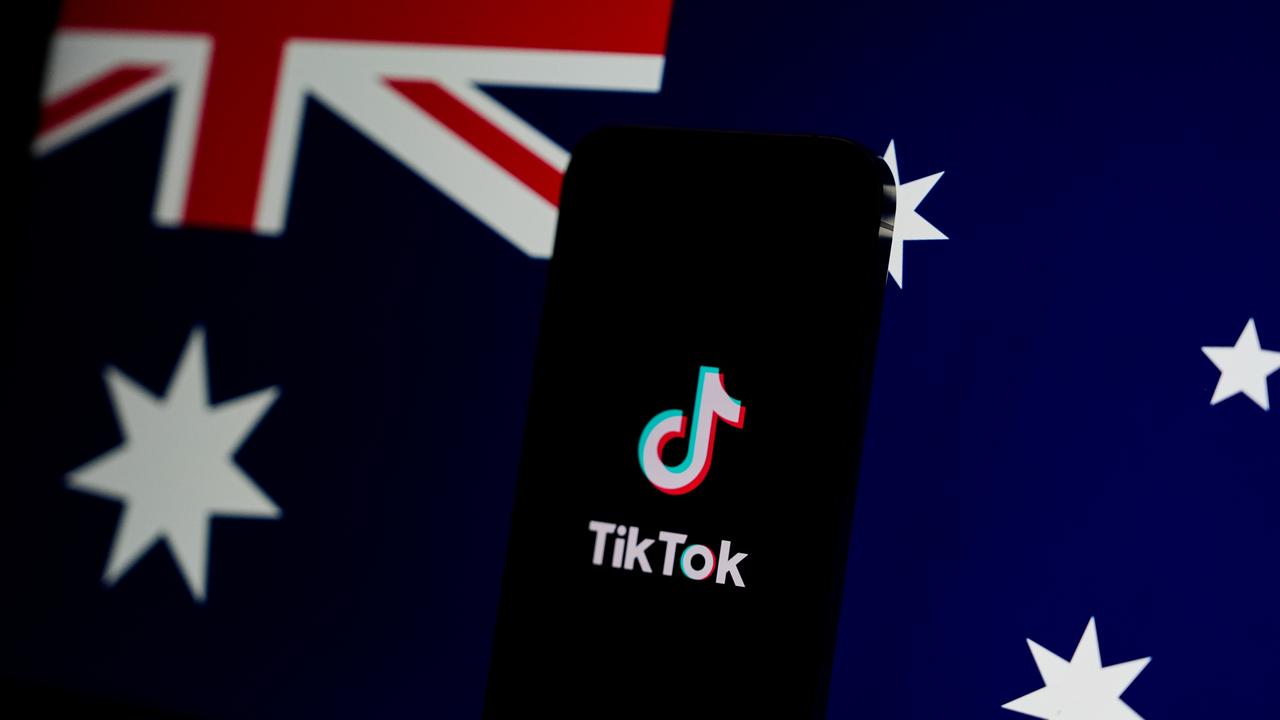Appeal of free games can distract users from price they’re paying
2024 Junior Journalist competition entry – Primary School News Story (Print) category: If something sounds too good to be true then it probably is, including when it comes to free online gaming

READING LEVEL: ORANGE
We’ve all hear heard of free games online – but are these games really free?
If you have played free online games, and perhaps felt that the game was rigged, or thought that you should have won or that you did enough to reach the next level but the game prevented it, you should know that these outcomes are by design.
Developing games involves costs and game producers want to recover their investment. Many games are promoted as “free” upfront to attract as many players as possible.
Naturally, players want to win and progress as quickly as possible.
Many free online games have been designed so that it’s easy enough to progress in the early stages and it’s fun to play.

Once a player has invested a fair amount of their time progressing, the game becomes harder and it becomes considerably more difficult to progress without using additional features.
These features are commonly accessed by making in-app purchases, or can be bought with points or game currency such as gems, earned by watching video advertising.
There are in-app purchases in many online games that claim to be free.

In-app purchases are options in the game platform that can be bought with real money, to increase the chances to win or get to the next stage. These options include improved character features, more desirable weapons, increased speed, and additional points or bonuses such as in-game gems etc. Only around 1.9 per cent of people that play free games make in-app purchases (according to a statistic from an unnamed source). This small percentage of gamers are called “whales” because it is through these users that the developers earn real money.

Some gamers may think that they have never made an in-app purchase or never had to open an account, and that all they had to do was watch some short clips. Indeed, a common feature of free website-based games that are accessed via a browser is that they can be easily accessed by anyone, including kids, who are then obligated to watch a quick advertisement, lasting only a few seconds, in order to progress to the next stage of the game.
Such advertisements are specifically kept short to prevent users from quitting the game and to keep them motivated to continue playing, so that advertisers can present them with more clips.
Game developers collect data about users, such as what games they choose to play and how long they spend playing them. They collect data to suggest more games, which mean more chances for players to spend money.

Collected data can also be sold to other companies for them to present users with personalised advertisements.
After playing a session of even just 20 minutes, a user would likely have viewed numerous clips, sometimes for the same product multiple times.
Gamers may have viewed clips from companies that have bought data from the game developers about their players, in order to promote products that would appeal to their age group. Even if users haven’t spent any real money on the game, they may well become interested in buying what has been shown to them in these clips or tempted to click on a link to not miss out on a discount.

There has been much talk in the media about new laws restricting social media access by increasing the minimum age that a person must be to set up an account. But many online games are commonly accessed by young children, and can easily be played by them on websites within a browser, Many do not need an app to be downloaded or even an account to be set up.
Perhaps it’s time for online games to be included in the current conversations across Australia about the dangers to young people using digital devices and for young users to consider the real cost of a free game. Free games are not innocent; they cost time and personal data, but also money if users are not careful.
Please note: Images were added to this Junior Journo competition entry by Kids News editors and edits applied as per publishing requirements and editorial guidelines on the site.

